Vintage Photos Reminding Us What Was Going On In 1964
In many ways, 1964 was a transitional period for the ’60s, as the issues that sall but defined the decade were either bubbling to the surface or already in full swing. Yet, while that may suggest the year lacks the kind of singular identity that people tend to associate 1963, 1967, or 1969, it was a more significant chapter in the tumultuous decade than it seemed.
In fact, some of the defining moments that people now use as shorthand for the nebulous concept of “the ’60s” began in 1964. Indeed, you might be a little surprised by what you recognize here.
The Day Tobacco Companies Were Dreading Arrives
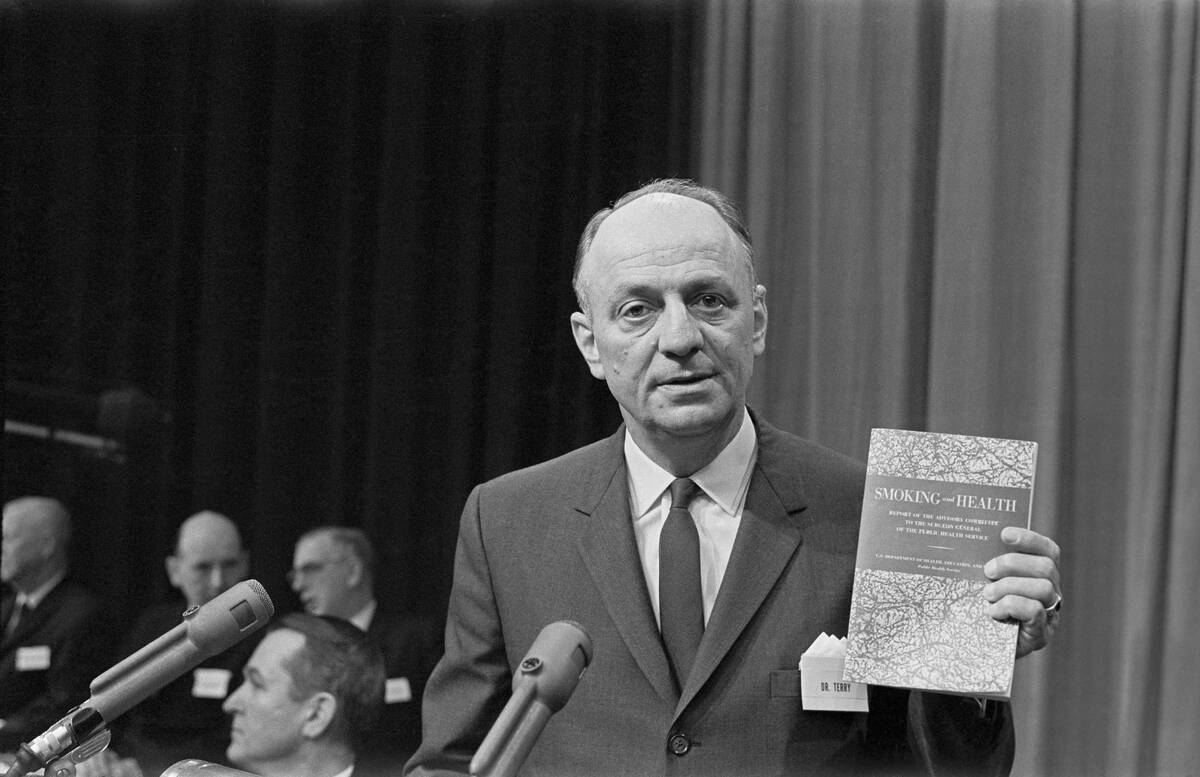
Pictured here is then-U.S. Surgeon General Luther Terry and while the report he’s holding in this shot didn’t yet exist in 1964, that year saw him make history with a statement that no U.S. government official had publicly made before.
In retrospect, his statement that smoking “may be hazardous” to one’s health seems like a pretty massive understatement. However, it came as a shocking blow to America’s tobacco companies, who now had government confirmation of rumblings they had tried to fight for years. It was one of the first major steps toward the public understanding that cigarettes were not only harmful but deadly.
The Vietnam War’s Famous Backlash Officially Begins
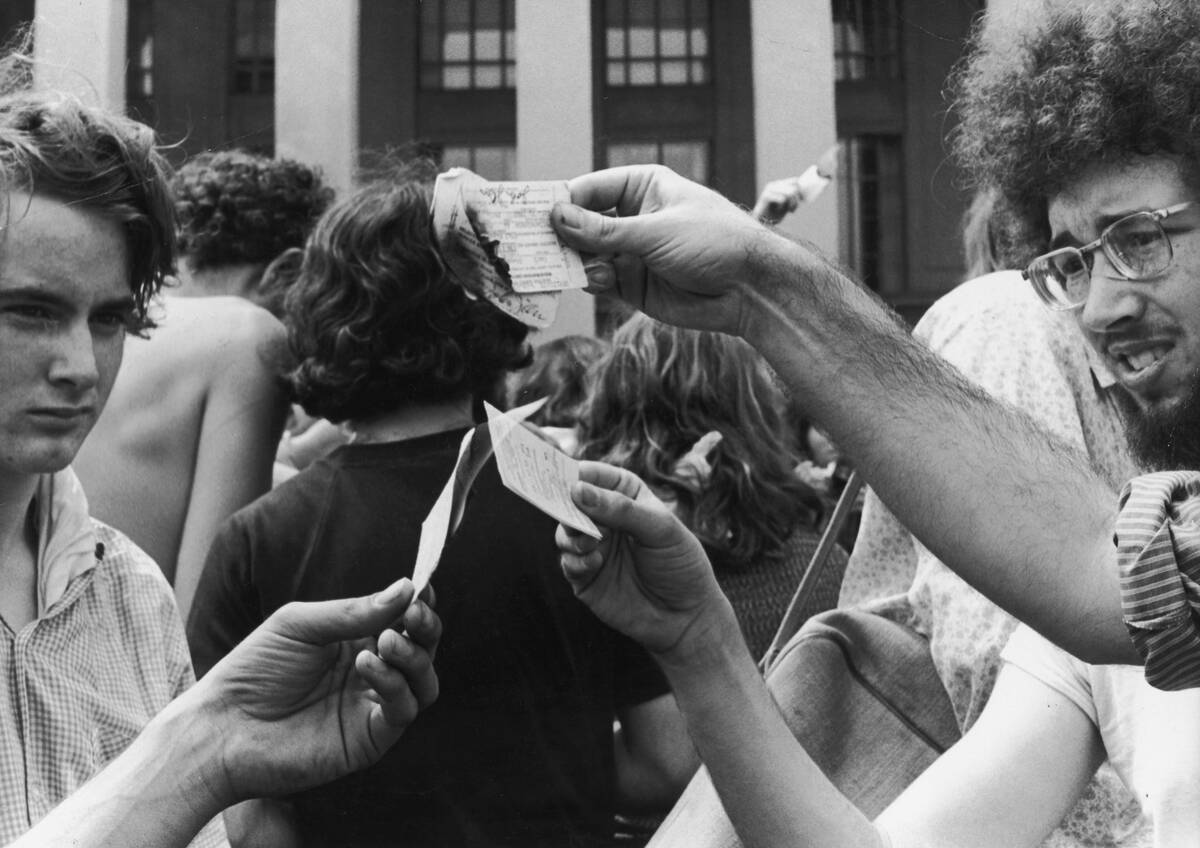
Although both American involvement in the Vietnam War and the fervor of activists who opposed the conflict would further escalate through the 1960s, anti-war sentiment was already clear and present by May 1964. That month would see the first ever major student demonstrations against the war.
At least 400 (but potentially up to 1,000) students took to this streets for this purpose in Times Square on May 2, while 700 others did the same in San Francisco. Ten days later, 12 young men in New York City would make a public demonstration of burning their draft cards, marking the first time such an act occurred during an anti-war protest.
Black Disenfranchisement Is Dealt A Landmark Blow
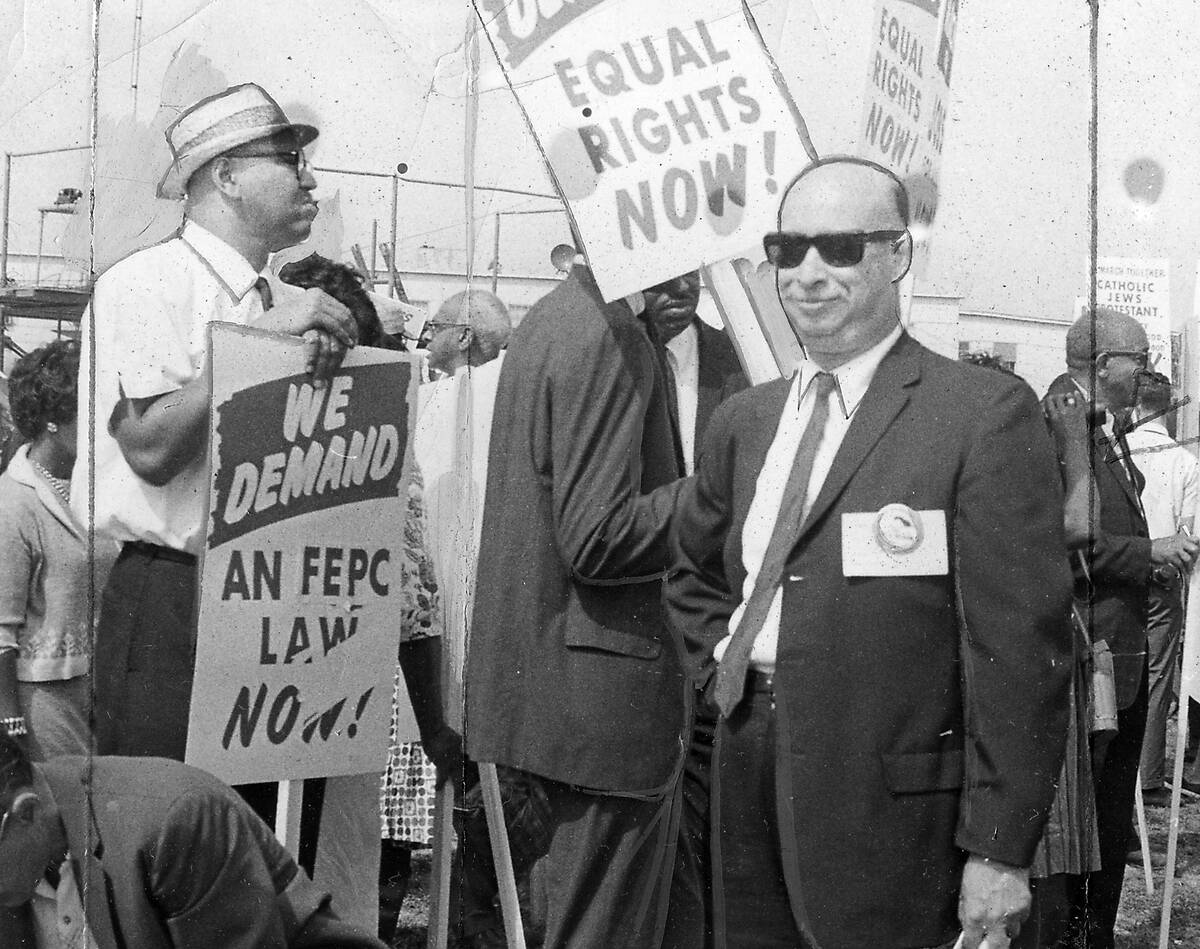
Throughout the struggles, setbacks, and violent pushback activists faced during the Civil Rights Movement, those who bravely kept marching exerted enough pressure on the government to see key reforms like the Voting Rights Act of 1965. Before this occurred, however, there was another major victory for the demonstrators.
As a means of disenfranchising votes, it wasn’t uncommon for some states to levy poll taxes during elections. However, the government put the practice to a definitive end in 1964, as the 24th Amendment to the U.S. Constitution outlawing the poll tax nationwide was ratified by th states on January 23. The Civil Rights Act of 1964 would follow on July 2.
The Start Of An Unprecedented Turnaround For U.S. Racing
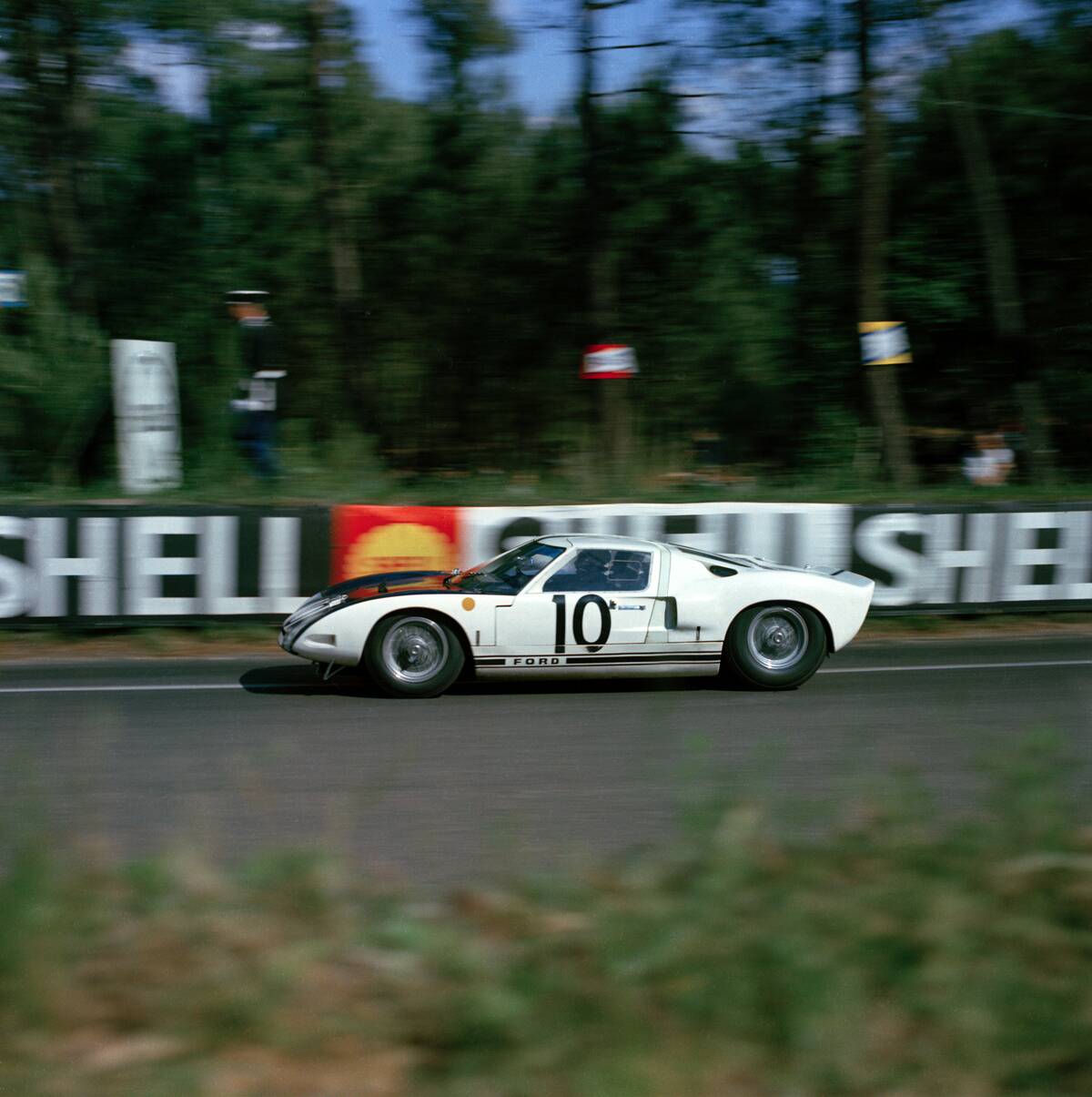
While it was hardly unusual for American racers to compete in international events like the famous 24 Hours of Le Mans endurance race in the early ’60s, they often found that they had to join a European automaker’s racing team to do so. By 1964, the Ford Motor Company sought to change that with the Ford GT40.
Although the car had to drop out of that year’s Le Mans race due to transaxle failures. However, multiple racers from the Ford team would make it first across the finish line in their matching GT40s when they returned in 1966.
Muhammad Ali Takes His Throne And Finds His Name
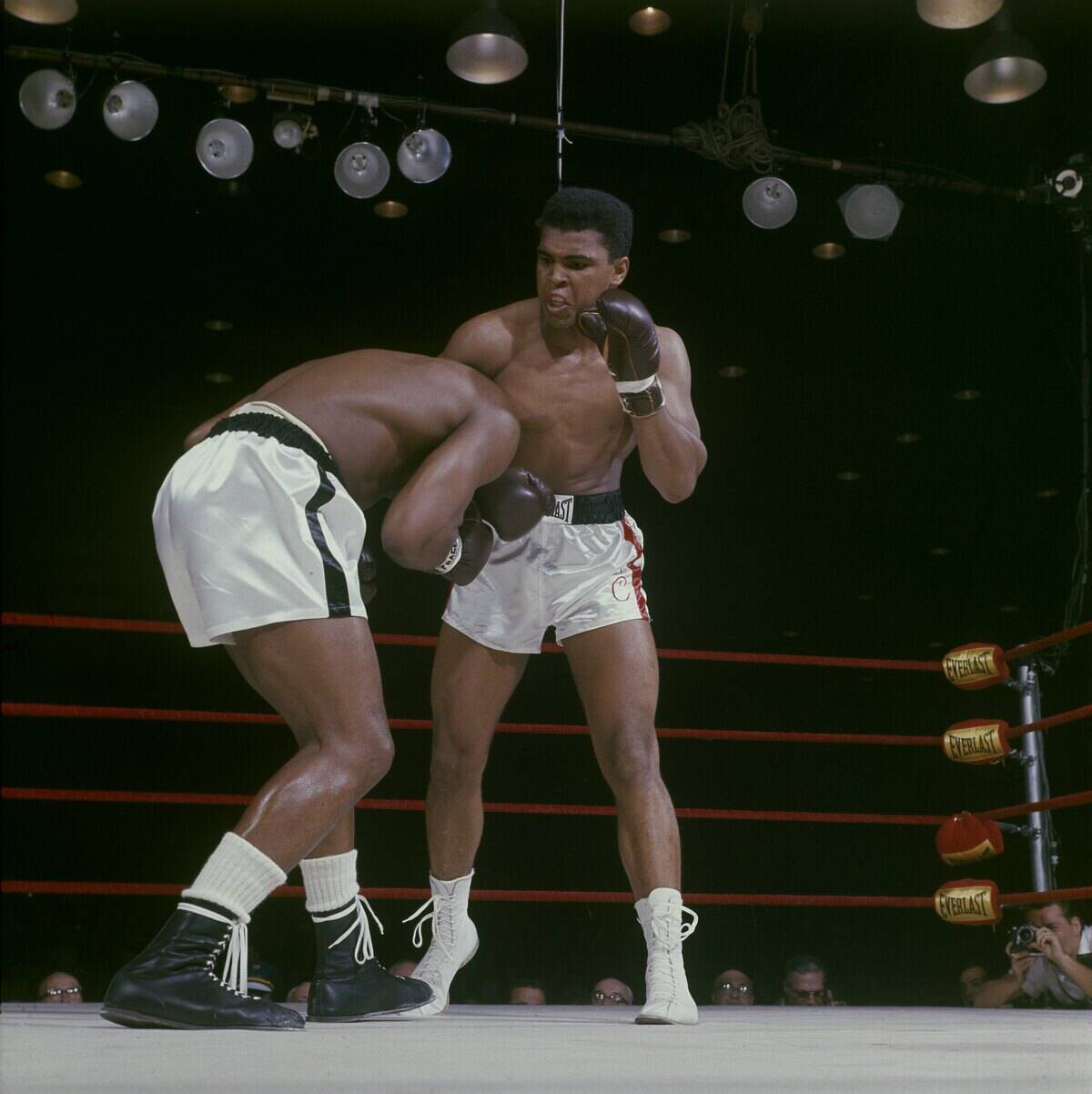
After a massive public spectacle that saw both boxer find elaborate ways to taunt each other, Cassius Clay put action to his previous words and took on world heavyweight champion Sonny Liston on February 25, 1964, in Miami Beach, Florida. In the eyes of the public, Liston’s victory was all but assured.
Yet, while the underdog Clay did not knock Liston out, the hard-fought bout saw him claim a historic victory that would make for one of the greatest moments in sports history after Liston forfeited at the beginning of the seventh round. Clay would announce that he was changing his name to Muhammad Ali just over a week later.
The Beatles Enact Their Invasion Plan
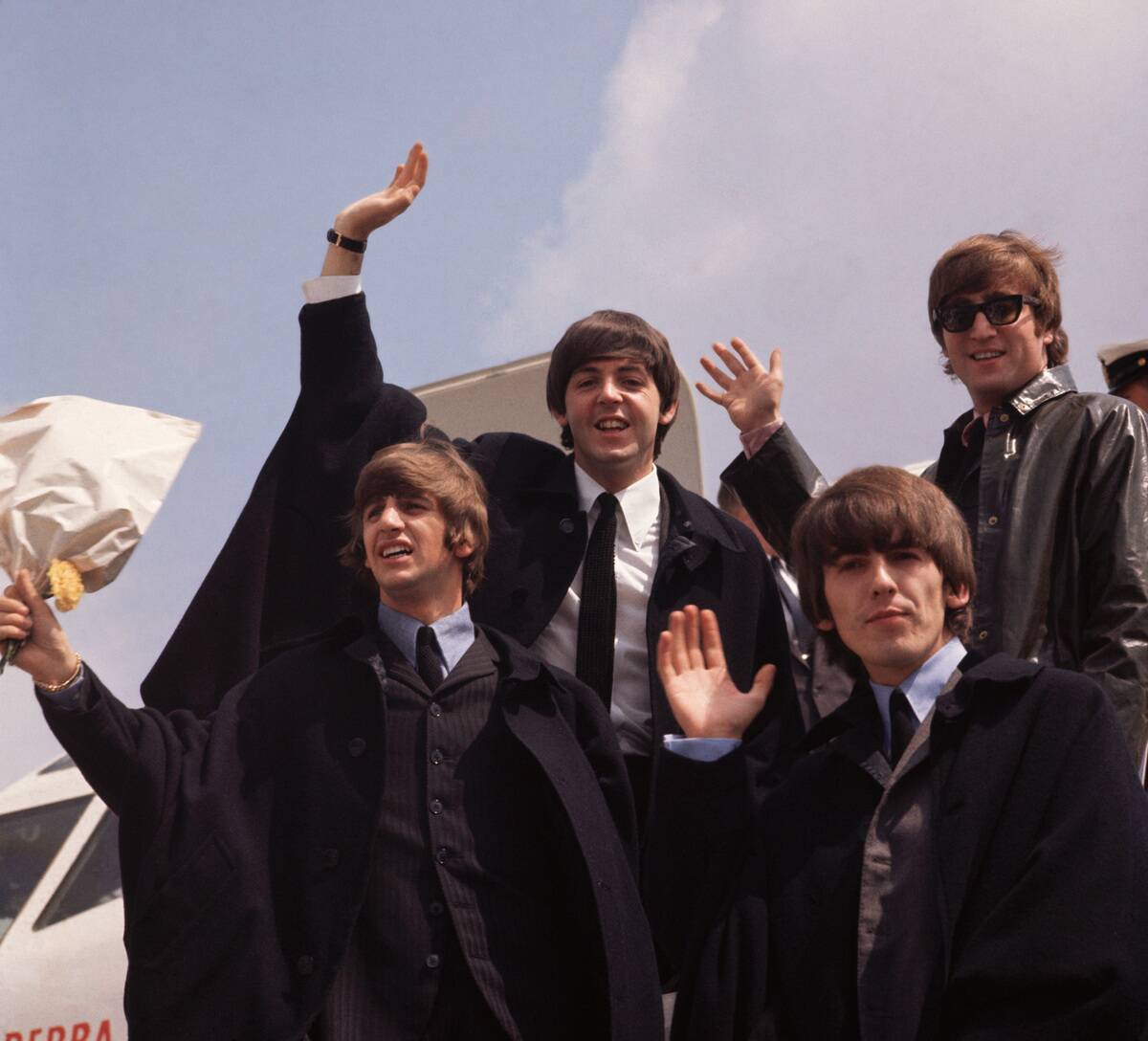
The music scene of the ’60s was fundamentally transformed by the phenomenon known as the British Invasion, where a collective of hot new rock bands from the U.K. saw an obsessive flashpoint of popularity in the United States. Naturally, the white-hot anticipation was at its strongest when The Beatles touched down at John F. Kennedy International Airport on February 7, 1964.
Just like in their home country, fans gathered in droves to scream their heads off as the band while they politely waved back. Not only did their new album Hard Day’s Night make them bigger than ever, but their previous albums were finally seeing American releases (with different names and other revisions). Best of all, they were about to appear on the famous Ed Sullivan Show for the first time.
Disney Comes Back Stronger Than Ever With Mary Poppins
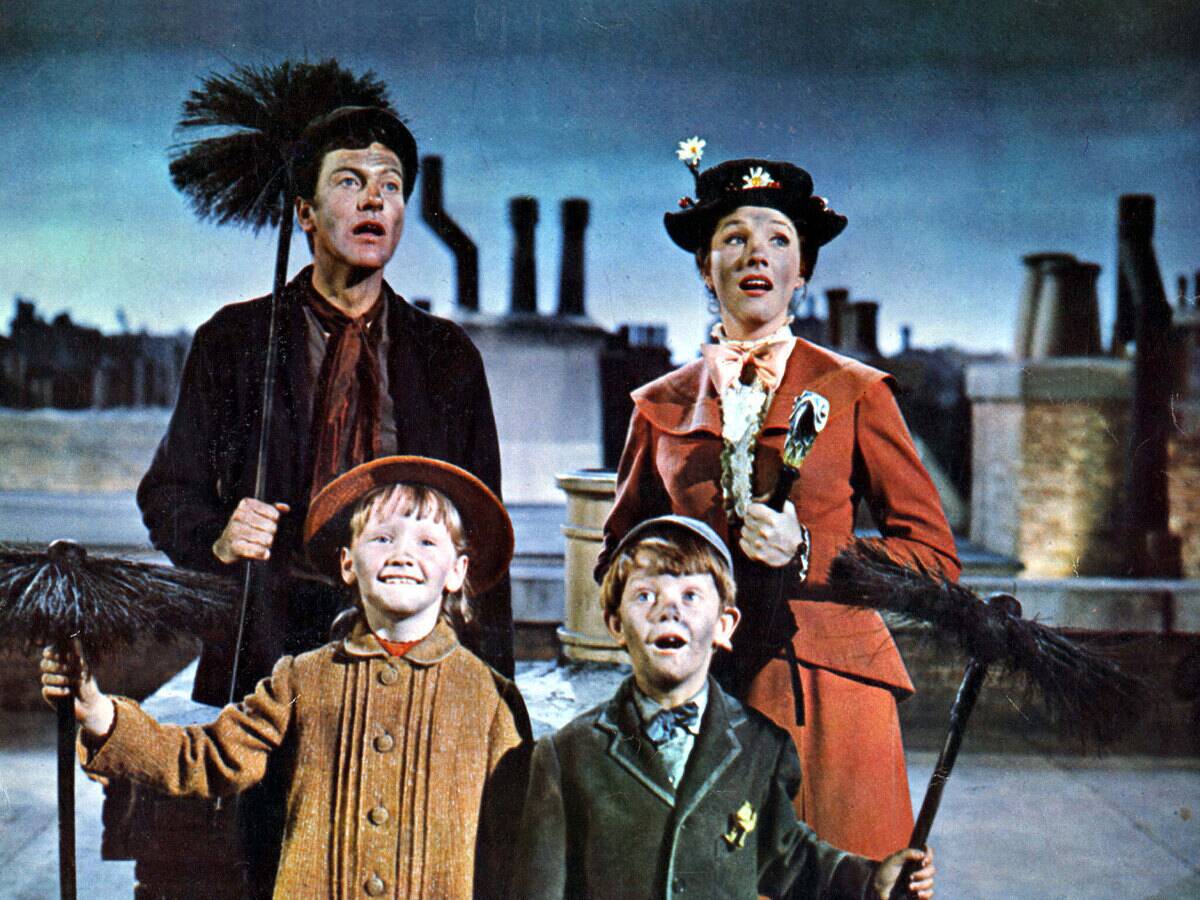
Throughout the early ’60s, the Walt Disney Company was in a commercial slump with more misses than hits in their film output, whether live-action or animated. Although One Hundred and One Dalmatians and The Parent Trap helped, it wasn’t until 1964’s Mary Poppins that Disney’s flagging fortunes truly reversed.
The film was not only a career maker for Julie Andrews — who would win an Academy Award for her performance — but also Disney’s most lucrative film and the first among its catalogue to be nominated for Best Picture. Although it would lose out to My Fair Lady, the movie won four additional Oscars in other categories.
The Most One-Sided Election In Modern American History
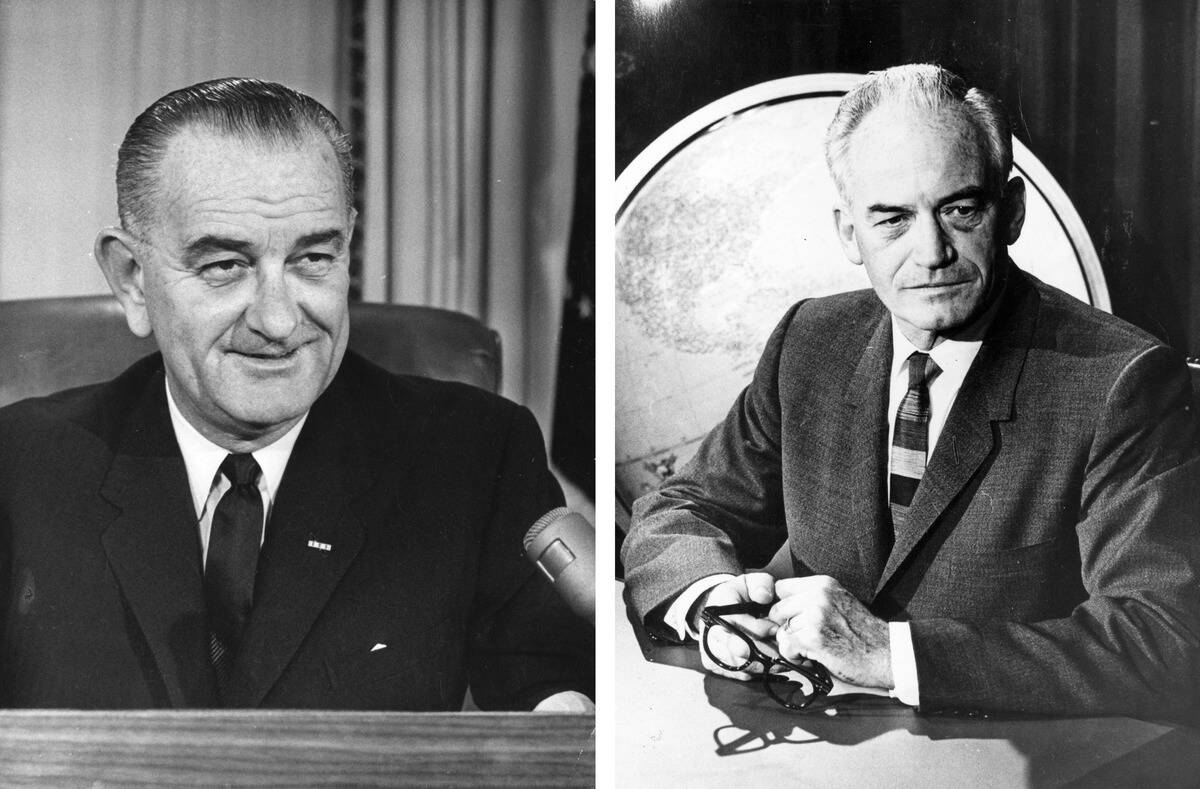
Although he was apparently an exciting enough firebrand to secure the Republican nomination in the lead-up to the 1964 Presidential election, Arizona Senator Barry Goldwater proved incredibly controversial even within his own party with is extreme right-wing views. Although he defended his position by saying “Extremism is no vice,” it was clear that American voters disagreed.
Comparing the potential pitfalls of Goldwater’s plans with the strong economy Johnson had inherited when President Kennedy’s assassination led to his ascension to the White House, voters overwhelmingly favored Johnson. The incumbent president ended up winning 61.1% of the popular vote, which is the widest margin ever recorded in American history.
Che Guevara Spoke To The U.N. Amid A Bizarre Attack
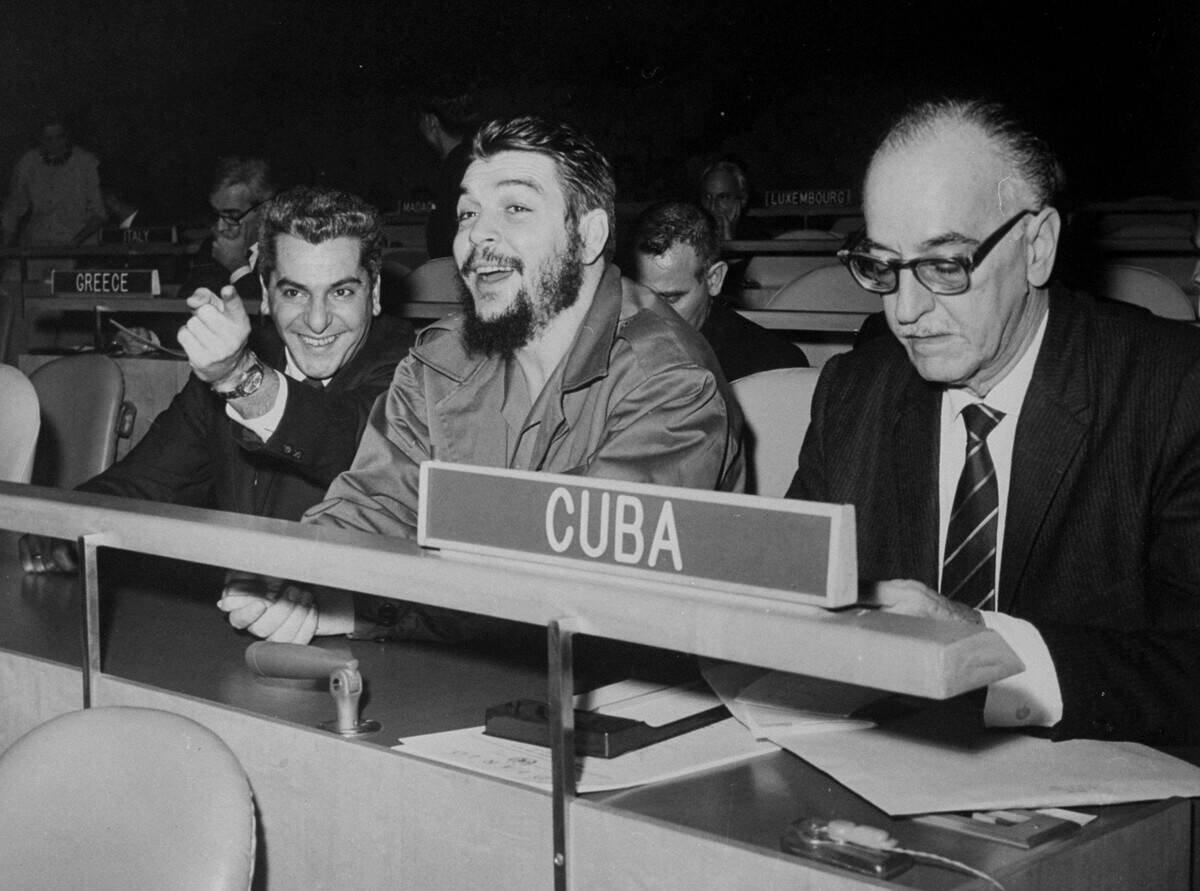
On December 11, 1964, Ernesto “Che” Guevara addressed the United Nations General Assembly as Cuba’s Minister of Industry. In his speech, he excoriated the United States’s foreign and domestic policies, criticized the U.N.’s lack of effectiveness in confronting South African apartheid, and warned of a “wave of anger” sweeping Latin America.
While Guevara was giving his address, a woman attempted to gain entry to the U.N.’s New York City headquarters with a hunting knife to assassinate him, while three anti-Castro Cuban exiles set up a time-release bazooka on a boat in the East River. However, the woman was apprehended at the door and the resulting shell ended up missing the building entirely.
A Legend That Not Even The Academy Could Deny
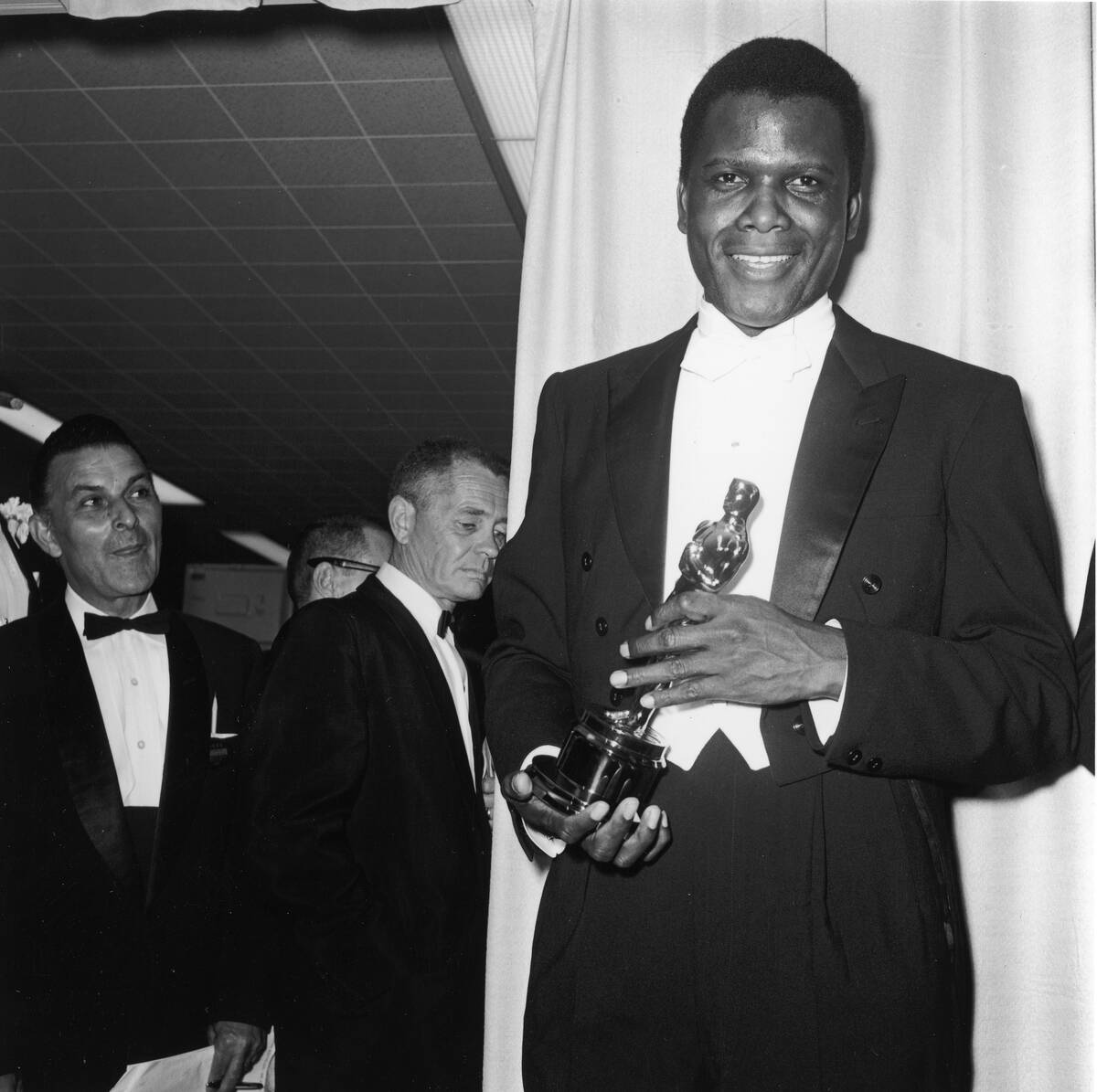
Although some of his most iconic roles were still to come, the all-time great actor Sidney Poitier was at the center of a historic moment during the 36th Academy Awards. A portrait of defiant sophistication, few could match the balance between restraint and intensity that defined his most celebrated performances.
That night, his incomparable talent was recognized when he took home the Oscar for Best Actor In A Leading Role after playing Homer Smith in the movie Lillies Of The Field. He would be the first Black man to achieve such an honor.
Tokyo’s 1964 Summer Games Were The Future’s Olympics
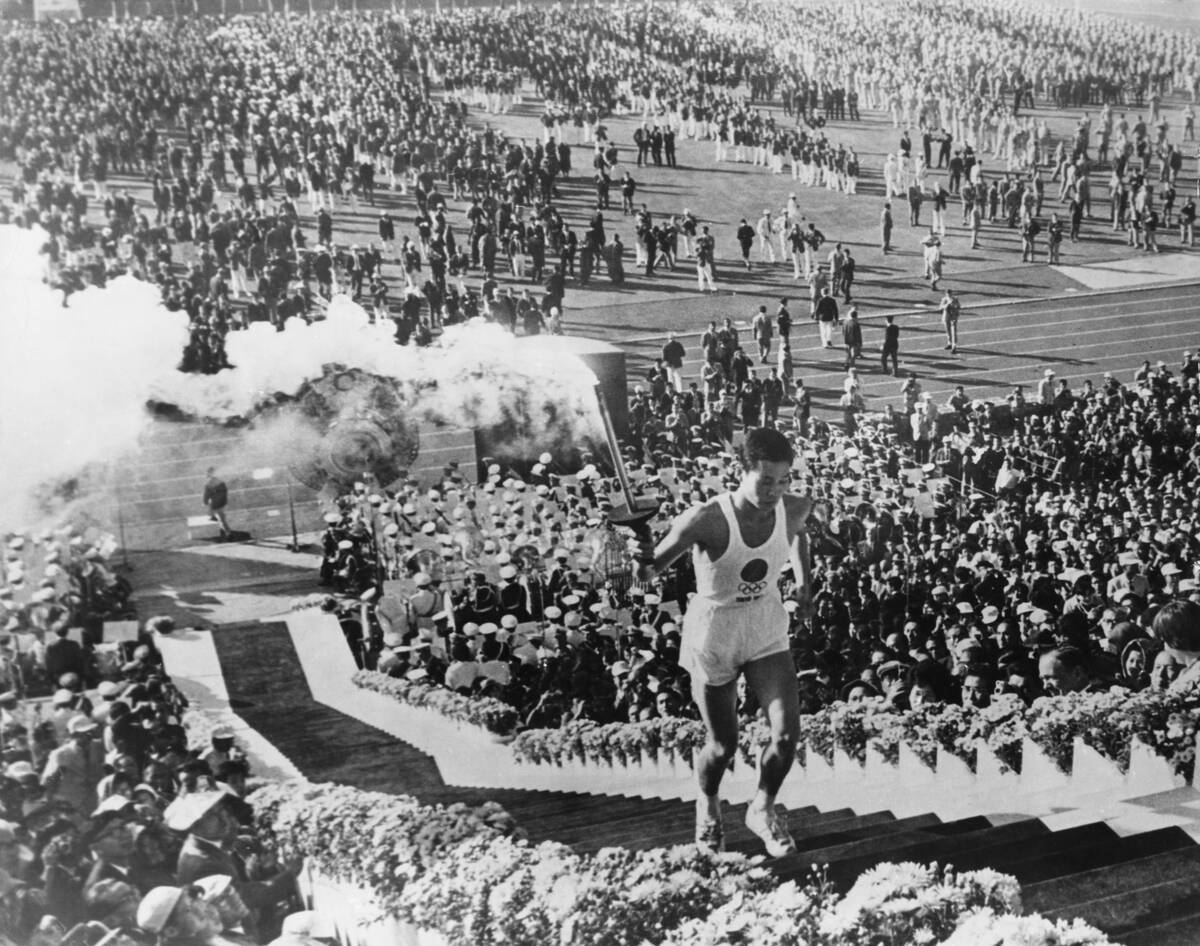
Even by the time torchbearer Yoshinori Sakai finished the Olympic torch’s traditional journey to officially commence the 1964 Summer Olympics, there were already so many reasons to consider the games unprecedented. Although South Africa’s exclusion due to the nation’s insistence on racially segregated teams was certainly big news, that wasn’t all viewers were talking about.
For Japanese viewers, culturally significant events like Sumo wrestling and Judo were broadcast in color via Toshiba’s color transmission system, which had yet yo be made available elsewhere. However, international broadcasters had their own reasons to be amazed, as the 1964 Summer Games were the first Olympics to be telecast internationally without the need to send physical recordings throughout the world.
Not Everyone Was Happy To See The Beatles
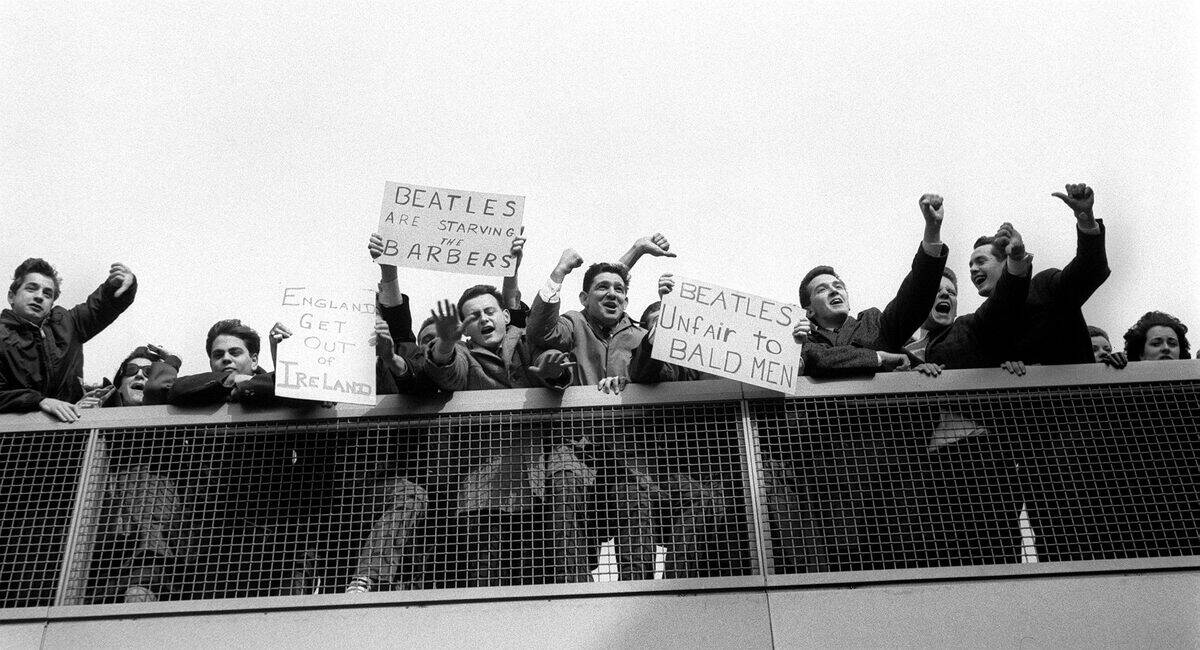
Although it’s probably fair to say that the overwhelming majority of Americans who greeted The Beatles after they landed in New York City were caught up in Beatlemania, this photo confirms there were others who showed up to protest them. Their grievances may be a little surprising.
While one protestor seemed unwilling to give a British band the time of day while their country occupied Northern Ireland, others opposed the Fab Four specifically. While one apparently thought they were unfair to bald men, a similar sign is a reference to a very real phenomenon where barbers throughout the U.S. protested and boycotted The Beatles. This was because their iconic mop-top haircuts were encouraging fans to grow out their hair, which means less business for barbers.
Race Riots Were On The Rise
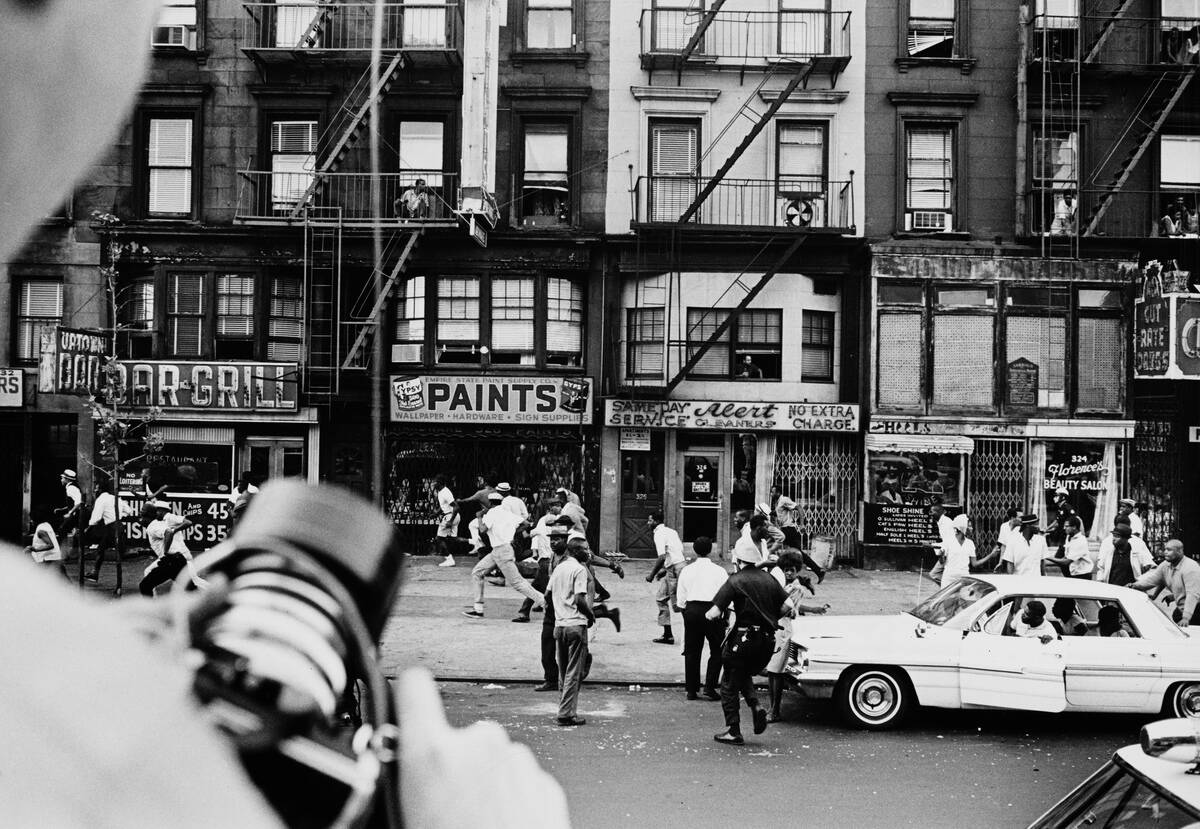
Although the activists spearheading the Civil Rights Movement were clear about their grievances, others who knew similar pain saw their anger boil over in New York City’s Harlem neighborhood in July of 1964 and in Philadelphia in August. In both cases, the riots lasted for multiple days.
In the case of Harlem, the riots were sparked by the death of 15-year-old James Powell, who was fatally shot by police in front of his friends and multiple other witnesses. Although Powell’s classmates were among the first to protest the incident on July 16, tensions within Harlem escalated to such an extreme degree that six days of rioting followed that potentially involved as many as 4,000 people.
Computers Were So Much Different Back Then
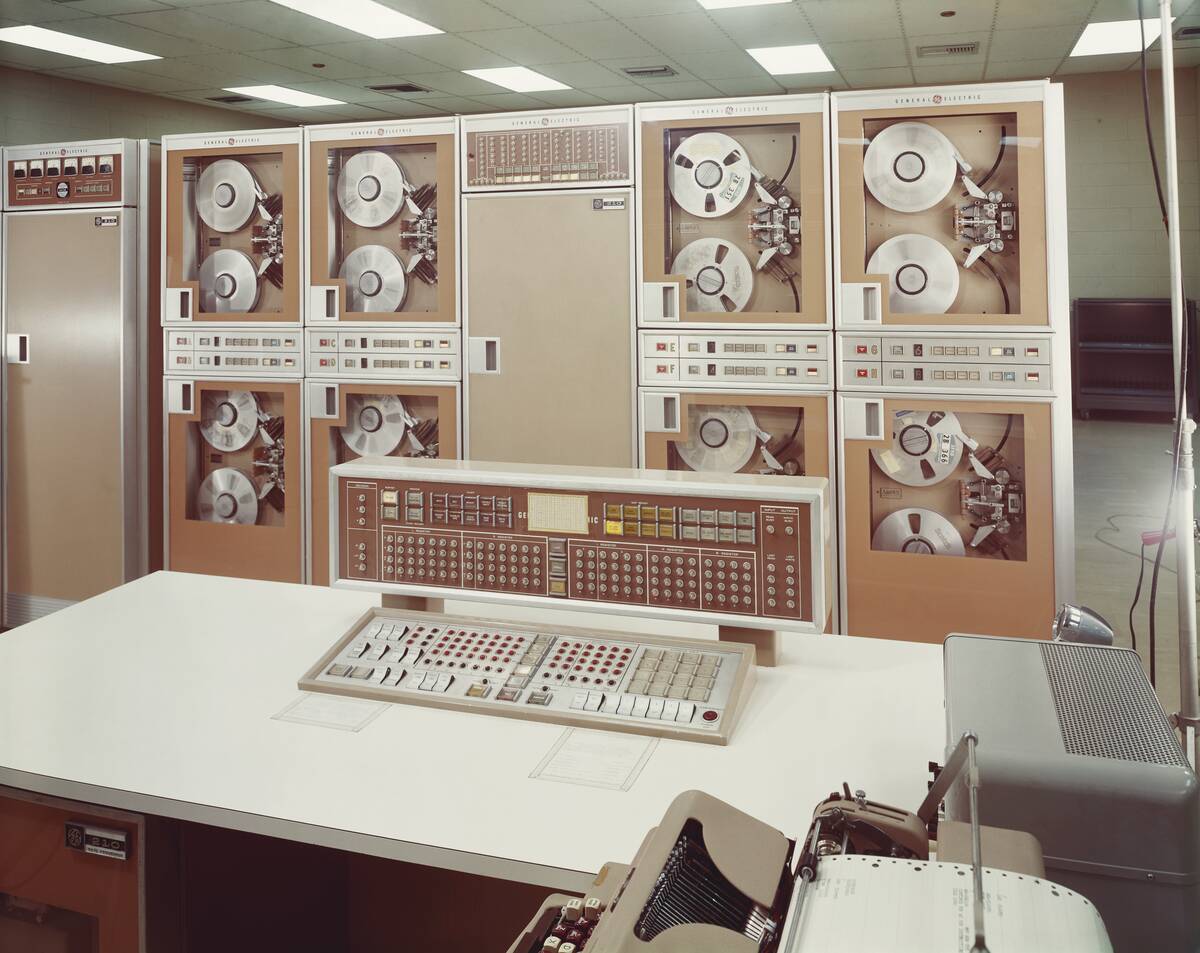
Although computers were steadily improving in power and efficiency compared to their infancy in the 1940s, it’s fair to say that they still had a long way to go by 1964. At that point, the massive units were able to take up all the room in smaller rooms than ever before.
According to the Computer History Museum, new models like the CDC 6600 supercomputer (not pictured) were capable of processing up to 3 million calculations per second. Although this is dwarfed by the billions (if not trillions) of calculations per second that modern computers do, it was three times as much as the IBM 7030.
A Controversial But Widely Recognized Group Is Born
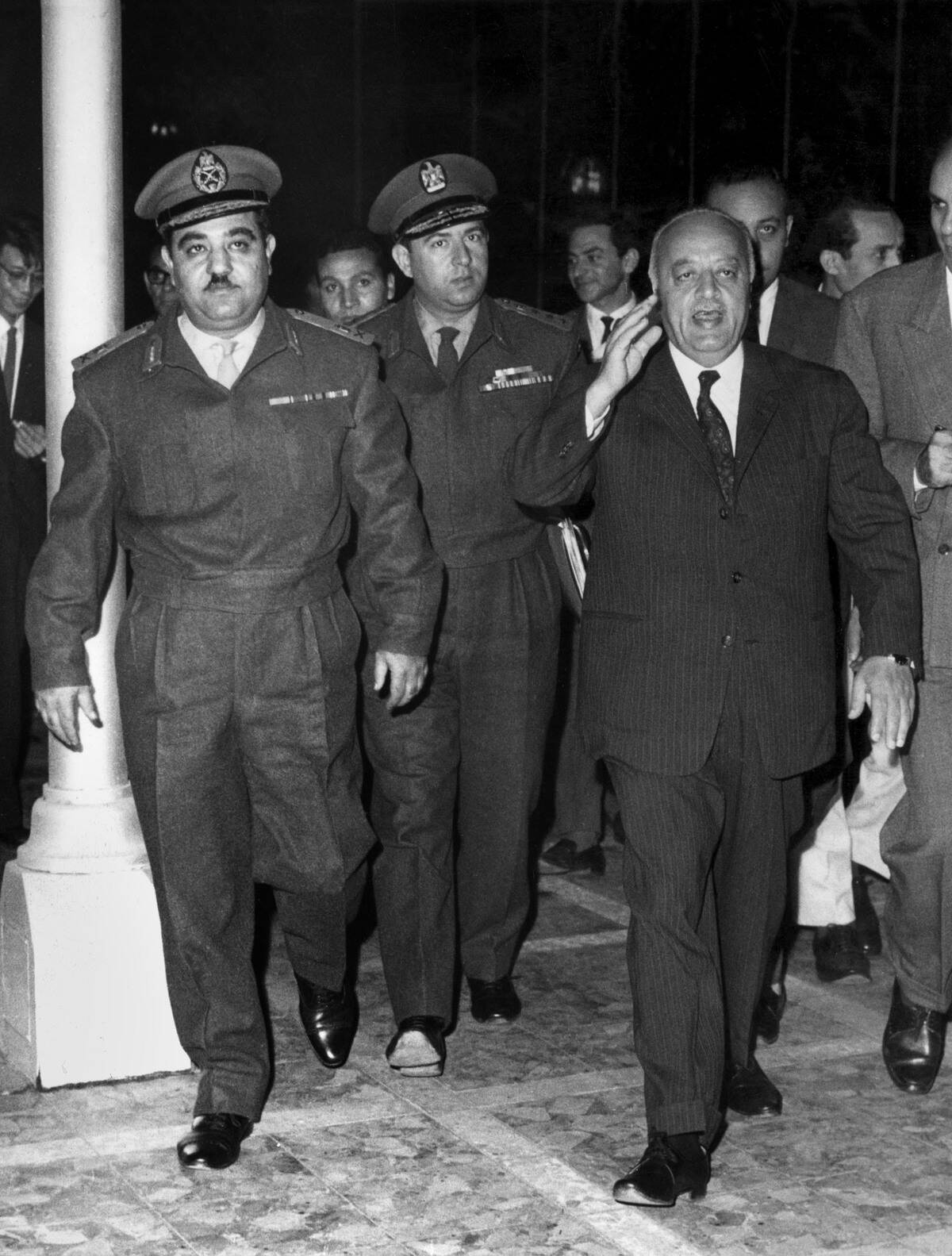
Although they would later be associated with promising but ultimately fruitless peace talks between future leader Yasser Arafat and Israeli Prime Minister Ehud Barak in 2000, the Palestinian Liberation Organization was founded back in 1964. While future leadership would sometimes prove more moderate, this original incarnation advocated for dismantling the State of Israel entirely.
Pictured at right is the group’s first chairman, Ahmad Shukeiri. On May 28 of that year, the Palestinian Liberation Organization’s charter would be released to the rest of the world by the Arab League.



